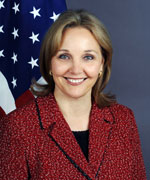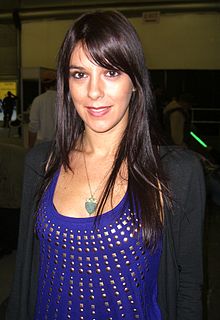A Quote by Tedros Adhanom
Over the years, I have worked on programs in Africa and around the globe to combat malaria, tuberculosis, and HIV. I have been witness to incredible progress in these fights.
Related Quotes
Sport can be used for messaging, for example, making the connections between shin guards or a helmet that protects you, and protection in terms of HIV and AIDS. There has also been a very active program in Africa called 'Kick Polio out of Africa,' where soccer players have spoken out in terms of polio. There is also going to be a swim for malaria.
There's so much stigma around HIV/AIDS. It's a challenging issue, and the people that already have been tested and know their status find it very, very hard to disclose their status, to live with that virus, and to even seek out the kind of information they need. This experience of going to South Africa a decade ago really woke me up to the scale of the HIV/AIDS pandemic in sub-Saharan Africa, how it was affecting women and their children. I haven't been able to walk away from it.
The monetary impacts of malaria from the household to the global level are significant. Malaria tends to strike during harvest season, rendering families too sick and too weak to perform the work necessary to earn a living. Malaria-stricken families spend an average of over a quarter of their income on malaria treatment.






























